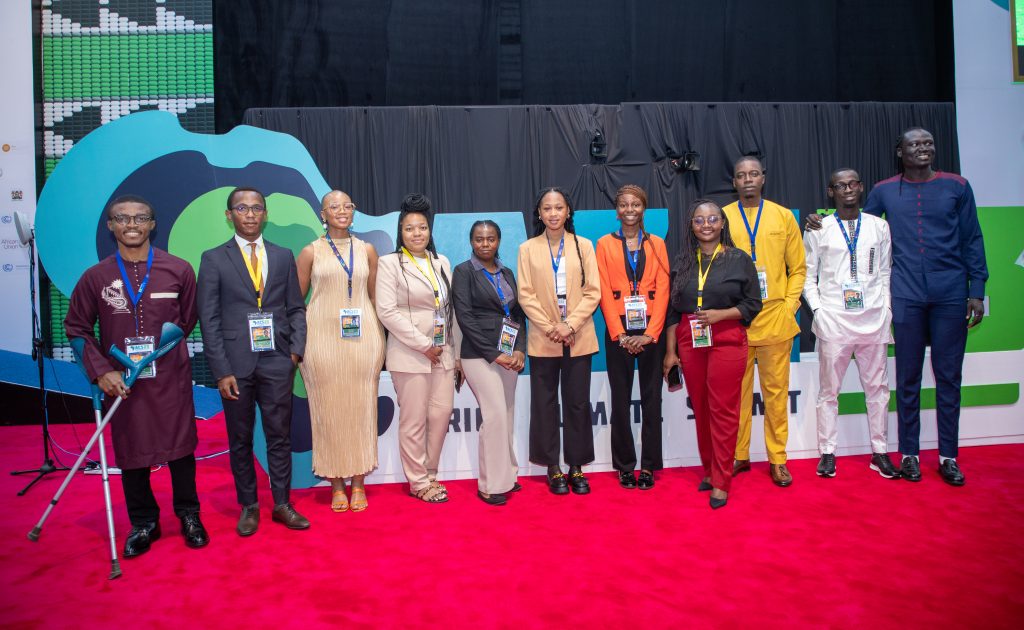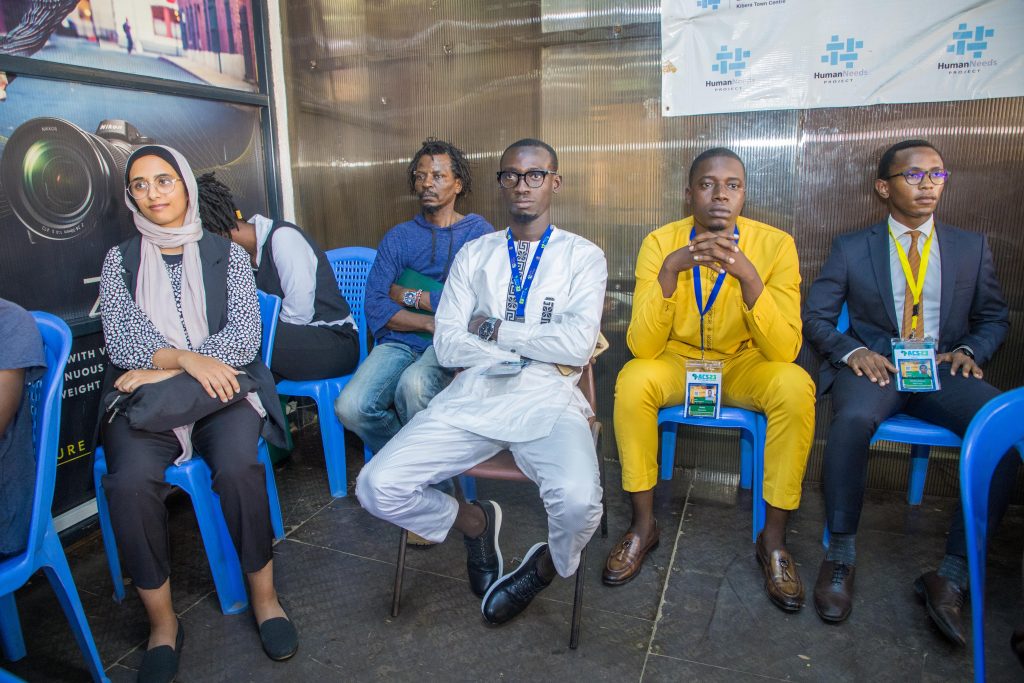Youth engagement in carbon markets to change the narrative of Africa growth

International Youth Climate Delegates pausing for a pic in Nairobi kenya at the Africa Climate Week
“Africa’s youth are the present, It is their views and perspectives that are going to change the continent,” words of the African Development Bank President Akinwumi Adesina at the closing ceremony of the first-ever African Youth Climate Assembly ( AYCA). The President of Kenya, His Excellency William Ruto, also confirmed this, pointing out that youth is Africa’s greatest asset today. Indeed, Africa has the youngest population in the world, with over 400 million young people aged between 15 and 35 .
Young Africans are increasingly emerging as solution providers, demonstrating innovation, commitment and implementing concrete actions on the ground to tackle the challenges that are crumbling Africa’s development, especially climate change. The AYCA has revealed the potential of young Africans who want to be at the heart of decision-making that affects their present and future. But to do this, in addition to setting an example through action, young people need to have a framework enabling them to apply the knowledge they acquire to exploit their full potential.
In this regard, numerous global initiatives are being set up to strengthen the skills of young people and give them the opportunity to get involved and take action, especially in the sphere of climate action. We have, for example, the COP 28 International Youth Delegate Program , which is the largest initiative to expand youth participation in the international climate negotiation processes to date by providing robust capacity-building for 100 young delegates (36 from Africa) and fully funding them to attend COP28, as well as other milestones in the climate negotiation process establishing a model for youth inclusion for the COP process moving forward. We also have other programs such as the Youth4adaptation , the Climate Vulnerable Forum Youth fellowship , the Youth Negotiator Academy and many more.

Daniel Koto and other delegates at a community visit in Kibera
These committed young Africans also made their presence felt at the very first African Climate Summit (ACS), with strong representation on high-level panels (as speakers or moderators), and the organization of side events to bring to African decision-makers their solutions and recommendations for advancing Africa’s development, essentially around the theme : « DRIVING GREEN GROWTH AND CLIMATE FINANCE SOLUTIONS FOR AFRICA AND THE WORLD». In approaching this theme, with a focus on climate finance, it is important to point out that there is currently a huge gap in financing for climate action, with the changing financing needs that developing countries face which are estimated in the trillions. The research of innovative, sustainable and more accessible financing mechanisms is therefore no longer a need, but a necessity, especially for developing countries. These mechanisms must not also increase public debt, but rather be allies for sustainable economic growth.
In this context, and considering that Africa has the largest carbon sequestration stocks in the world (e.g. the forest of the Congo Basin which stores around 29 billions tons of carbon; ) , the carbon market appears as an important way of financing climate action to be explored by developing countries, especially those in Africa. As John Kerry, the US President’s Special Envoy for Climate Change, said during the high-level panel on “Carbon Markets for the Global South”, the carbon market has more than ever an important role to play, and must be able to provide billions for climate action and promote the clean energy transition, but with mechanisms that guarantee environmental integrity.
The mechanisms framing the carbon market at global level are based on Article 6 of the Paris Agreement. Although at the moment it is the framework for collaboration between countries that have ratified the United Nations Framework Convention on Climate Change (through paragraph 2 of this article) that is operational, some countries have already begun to make efforts to invest in this market. In Benin, for example, the President of the Republic, His Excellency Patrice Talon, signed Decree no. 2022-699 of December 07, 2022, creating, attributing, organizing and operating the Carbon Projects Registration Authority in the Republic of Benin. Global initiatives are also being developed, such as the Africa Carbon Markets Initiative (ACMI) launched at COP27 with the aim of dramatically scaling voluntary carbon markets across Africa by scaling the market to 300 million carbon credits retired annually by 2030, and 1.5 billion credits annually by 2050, Unlocking $6 billion in revenue by 2030 and over $120 billion by 2050 and supporting 30 million jobs by 2030 and over 110 million jobs by 2050.
Finally, it is vital for African countries in particular to focus on training experts, especially young people, so that they can really help their countries to become fully involved in the carbon market, by promoting transparency, good governance and environmental integrity. It’s by doing this, and of course by continuing to involve young people in decision-making bodies, that we can effectively change the narrative on Africa’s development.
Africa is a rich continent, and its development depends on the development of its human capital, especially its youth! And, as many speakers at African Regional Climate Week have said, “what’s done without youth, is against youth”.